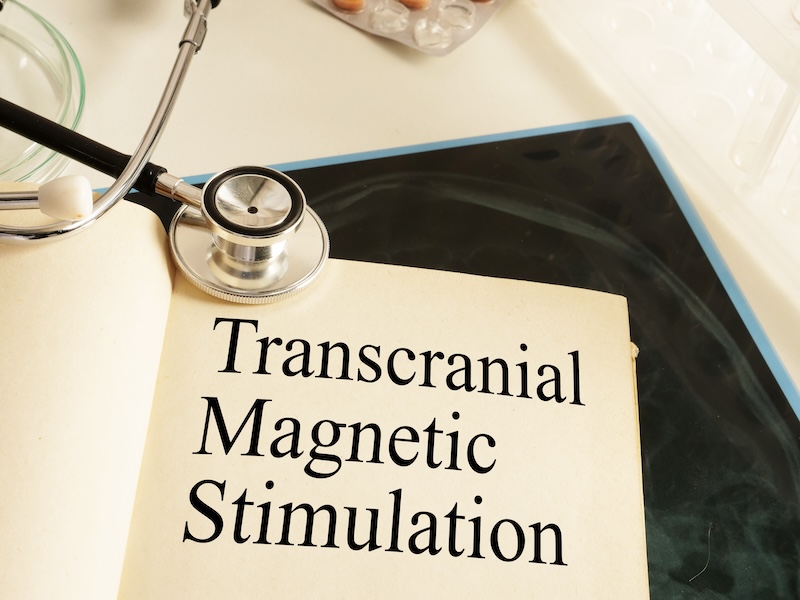Is TMS Therapy Right for You? A Comprehensive Guide to Eligibility and Expectations
Transcranial Magnetic Stimulation (TMS) has emerged as a promising treatment for depression and other mental health conditions. But is it the right option for you? This comprehensive guide from Care Star Recovery & Wellness will help you understand TMS eligibility requirements, the treatment process, potential benefits, and realistic expectations.

What is TMS Therapy?
TMS is a non-invasive procedure that uses magnetic fields to stimulate nerve cells in the brain. It’s FDA-approved for treating major depressive disorder (MDD) in adults who haven’t responded to antidepressant medication. Additionally, TMS has shown promise for treating other conditions like anxiety, OCD, and PTSD.
Who is Eligible for TMS Therapy?
Generally, you might be a good candidate for TMS if:
- You’ve been diagnosed with MDD.
- You’ve tried at least one antidepressant medication without success.
- You’re not pregnant or have any metal implants in your head (except for dental fillings or braces).
- You’re willing and able to commit to a daily treatment schedule for several weeks.
However, it’s important to consult with a qualified healthcare professional to determine your eligibility based on your specific medical history and current medications.
What Happens During TMS Therapy?
TMS sessions are typically outpatient procedures that last about 20-40 minutes. You’ll sit comfortably in a chair while an electromagnetic coil is placed against your scalp. This coil delivers magnetic pulses that stimulate nerve cells in the region of your brain involved in mood regulation.
A typical TMS treatment course involves daily sessions for 4-6 weeks. You may experience a tapping or clicking sensation during the procedure, but it’s generally well-tolerated.
What Results Can You Expect from TMS Therapy?
While TMS is not a cure-all, it can significantly improve symptoms of depression and other mental health conditions for many people. Research suggests that about 50-60% of individuals with treatment-resistant depression experience a positive response to TMS, with 30-40% achieving remission.
However, it’s important to have realistic expectations. TMS may not work for everyone, and results can vary. Some people experience immediate improvements, while others may take longer to see benefits.
Important Considerations Before Starting TMS Therapy
Before embarking on TMS therapy, it’s crucial to:
- Consult with a qualified healthcare professional: Ensure you’re a suitable candidate and discuss any potential risks or side effects.
- Choose a reputable TMS provider: Look for a clinic with experienced staff and state-of-the-art equipment.
- Understand the financial implications: TMS therapy can be expensive, so it’s important to verify insurance coverage and explore payment options.
- Commit to the treatment schedule: Consistency is key to maximizing the benefits of TMS therapy.
Care Star Recovery & Wellness: Your Partner in Mental Health
At Care Star Recovery & Wellness, we’re committed to providing comprehensive mental health care, including TMS therapy. Our team of experienced professionals is dedicated to helping you achieve lasting recovery and well-being. If you’re struggling with depression or other mental health conditions, we encourage you to reach out and explore how TMS therapy might be able to help you.
